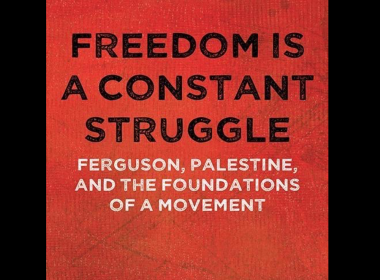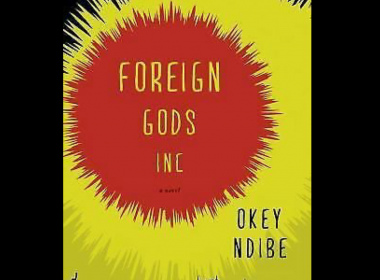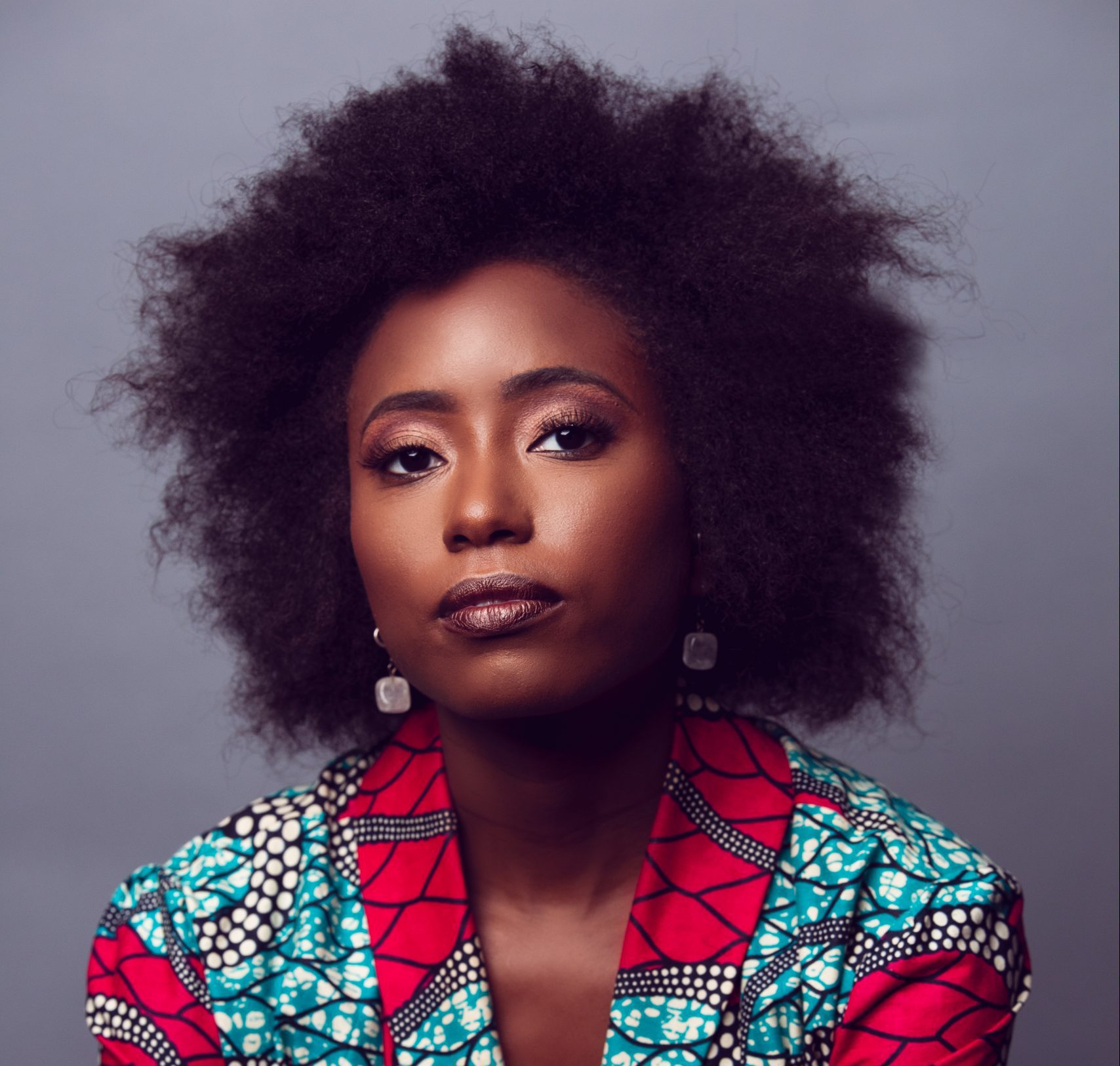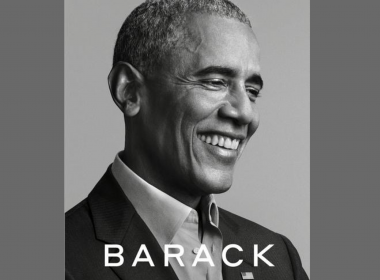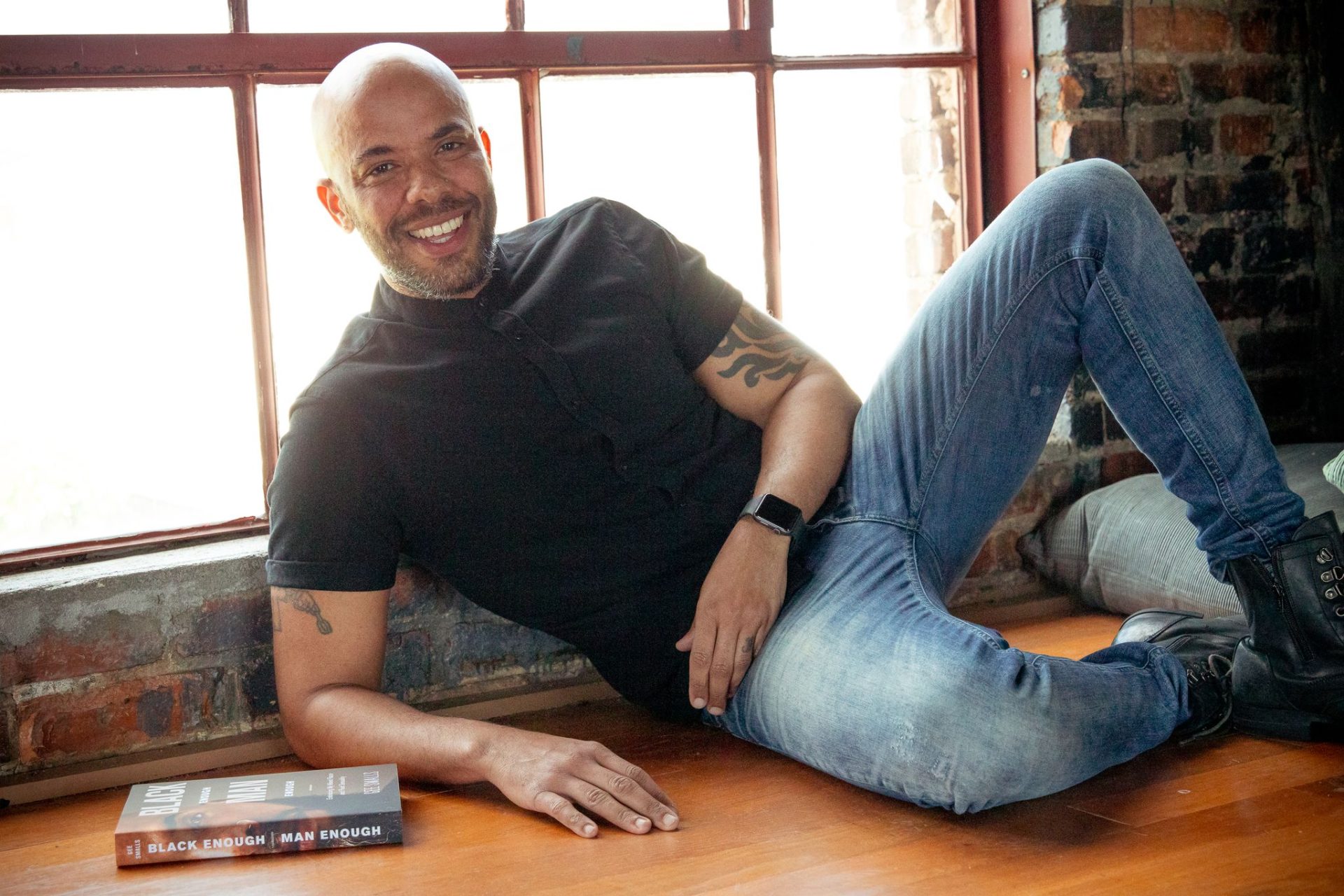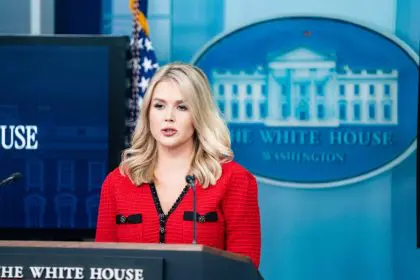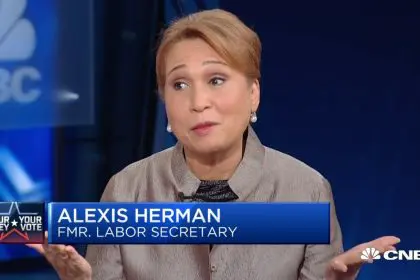
Author. CEO. Philanthropist. Leader. All of those words can be used to describe John Hope Bryant. A Compton, California, native, Bryant has served as an adviser to numerous U.S. presidents, traveled around the world to empower and speak to poor communities, and he also has won many prestigious awards, including the Martin Luther King Living Legacy Award. The founder of Operation HOPE talked to rolling out about an array of topics — both recent and past — his humble beginnings, and more.
What did the early years in Compton entail for you?
Growing up in Compton, California, was unique for me because my parents were a part of the middle-class working environment. My mother told me that she loved me every day of my life, and my dad owned his own business for 54 years, so I’ve had the opportunity to be able to have great role models in my life at an early age. Also, I remember an individual coming to my classroom and talking to the class about money and I wanted to know [more],
Bill Clinton stated once that you are a 41-year-old whirlwind of ideas and actions. Tell us what that statement means to you at 49 years of age?
Well, it means the same thing now that it did back then. I probably have more energy in me now than I did at 25, but what I think he was saying was that I believe in America, myself, and also helping poor people as well. Companies like Walmart and UPS were started by poor individuals. In fact, every major company was started by a poor person. So, I think what Clinton was saying was, this guy is a believer, and he actually backs his words up with action.
Tell us about your latest book, How the Poor Can Save Capitalism.
Actually I don’t think I wrote this book, Gd actually wrote it. It’s a memo. It’s a memo for free enterprise. We as blacks never got the memo, so my job through this book, and through the work that Operation HOPE is doing on the ground, is to travel the country and provide the memo so that we can move forward. This book is the only best-selling book on economics in the world that was written by an African-American, so we just have to educate ourselves and my job is to educate others on this information.
What was your frame of mind when you first started Operation HOPE in 1992?
I was frustrated, being that this happened in America at that time. It was no different than what Dr. King was experiencing in the 1960s. He didn’t say I love you, I hate you, or I’m with you… He was just radically different in his approach. So, not only was I frustrated with the situation, but I was angry with myself for mentally checking out of my own community. As a teenager, I used to say to myself that all one needed to do was to get a job, stop whining, and get it together. I couldn’t understand why my people couldn’t get it together, but considering that others didn’t have the same upbringing as me, it all started to make sense. So my mindset was focused on the goal of, “What can I do to help”? What can I do to help my brothers and sisters reach heights so that we can all prosper in society.
What is your definition of silver rights?
Civil rights was waged and won in the streets; Silver Rights will be waged and won in the suites. Civil rights was about racism, and the color-line in the 20th Century; Silver rights is about class and poverty in the 21st century. Civil rights was used to get you to sit at the lunch counter; silver rights will teach you how to own the lunch counter and the store. Silver rights is about owning the game. It’s the last piece of unfinished business of Dr. Martin Luther King Jr.’s Poor People’s Campaign.
How did the bombing of Black Wall Street in 1921 affect African Americans in this country at that time financially, and also for decades to come?
It was mainly an isolated event in an isolated area and during that time people’s dreams were destroyed. You had a systematic process during the 1800’s to keep us from becoming economically stable because we were enslaved and we were legally restricted from certain things in America. The reason why a lot of poor communities are poor is because again, we never got the memo. If what happened on Black Wall Street spread across the country, then African-Americans would have been some of the biggest owners in this country.
You served as an adviser under the last three U.S. presidents. What was that experience like?
In sitting under former presidents, respect has been the most important element. Some of them I respected more than I liked, and some of them I liked more than I respected. A quote that I use to describe my experience is, “Talk without being offensive, Listen without being defensive, and always leave your adversary with their dignity.” I don’t play partisan politics only because poor people don’t care what political party your a part of. I’ve served under both Democratic and Republican presidents and I owe it all to the work that we at Operation HOPE are doing.
From your vantage point, how can Black people change the way our dollars are circulated throughout our communities?
Honestly, people should read the book to find out. Every black person needs to read this book. It’s modern slavery going on right now. You have a check cashing place, next to a pay day loan lender, next to a rent to own store, next to a title lender, next to a liquor store. It’s targeted marketing, that’s all it is. We have to understand the language of money because if we don’t grasp that concept, then the blind will only be leading the blind.
What are some of the similarities between the riots in 1992 (Rodney King) and the riots in Baltimore (Freddie Gray) of 2015?
Well, one similarity deals with the fact that nobody is rioting in middle-class areas. Nobody. The only rioting that is going on happens to be impoverished areas. And poverty is equally linked to injustice as well. Too many of our people are experts in what we are against. We will tell you what we don’t like and we end up either not doing anything, or tearing up stuff. We honestly need to go about this in the right way, not the wrong way.
What advice can you give young Blacks in America who are trying to invest and build a strong financial foundation?
I think the first thing I would say is to have a 10 percent rule. When you make $9.50 an hour, you actually made $8.75. If you made $1,000, you actually made $900 dollars. And then take that 10 percent and put it in an account, or use it to invest in your dream, or start a business. Be your own business owner, put in your own labor, and become self-sustainable. Let your 9-to-5 pay for your 5-to-9. Don’t think about being employed for the rest of your life, because everything has a season whether it be short or long. Dream big dreams, and don’t limit yourself. We’ve got to create the next generation of leaders, and this current generation will indeed change America.
Interview by Andre J. Ellington (@TheSuitMastor)

